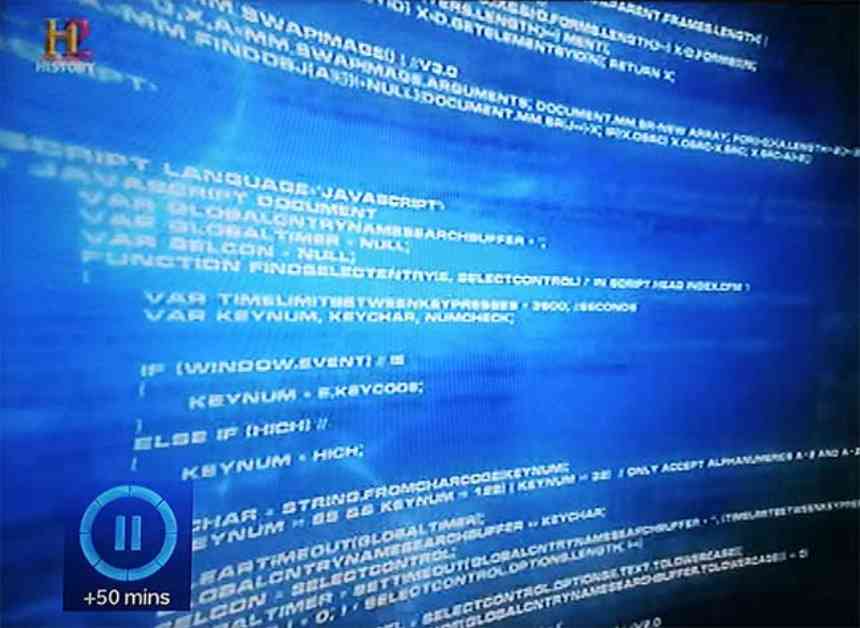Mark Zuckerberg, the CEO of Meta, claims that Meta’s AI large language model (LLM) Llama 3 is open source. However, the Open Source Initiative (OSI) disagrees with this statement. According to the OSI’s Open Source Definition, Llama 3’s license does not meet the criteria set forth, especially due to clauses related to litigation and branding.
The phenomenon of open washing is becoming increasingly prevalent in the tech industry. Open washing occurs when companies misrepresent their products, services, or processes as “open” when they do not adhere to the principles of transparency, information access, participation, and knowledge sharing. This deceptive practice aims to capitalize on the positive perception of openness without truly committing to it.
A recent study conducted by experts at Radboud University’s Center for Language Studies highlighted the prevalence of open washing in the AI sector. The study examined 45 text and text-to-image models claiming to be open source, revealing that only a few, such as AllenAI’s OLMo and BigScience Workshop + HuggingFace with BloomZ, could genuinely be considered open. Major players like Google, Meta, and Microsoft were found to fall short in this regard.
Companies engage in open washing for various reasons. The shift towards open source in recent years has led to a more favorable view of openness in the tech industry. By associating themselves with open source practices, companies can enhance their public image and appeal to consumers who value transparency.
Furthermore, the EU AI Act provides exemptions for “open source” models, creating an incentive for companies to engage in open washing to benefit from less restrictive requirements. Despite this, there is still no clear definition of open source AI, with the OSI set to release its guidelines soon.
It is crucial to preserve the integrity of the open-source ecosystem. Open source licenses provide developers with the freedom to innovate and collaborate without legal barriers. Disregarding these principles through open washing can lead to legal, business, and technical challenges for all stakeholders involved.
Ultimately, the practice of open washing undermines the values of openness and transparency that are essential for fostering innovation in the tech industry. By upholding the true spirit of open source, companies can build trust with consumers, promote collaboration, and ensure the sustainability of the open-source community.

